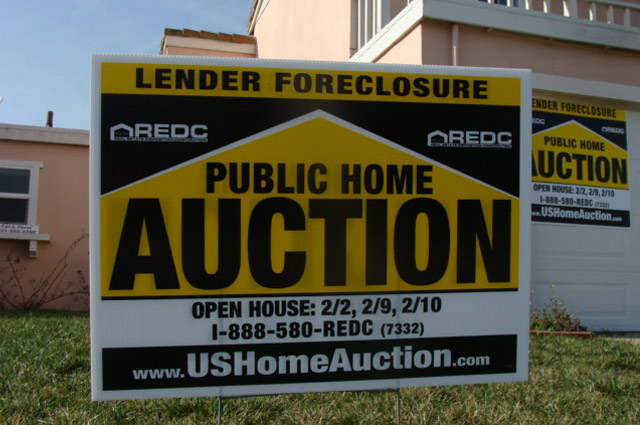
Avoiding Liens?
A debtor may avoid a lien that impairs an exemption to which the debtor is entitled if:
- the lien is created by a judicial proceeding such as a law suit;
- Or, if the lien arises in connection with a loan other than a loan to purchase the property to which the lien attaches (such a loan for cash to help with household expenses secured by household furnishings or appliances or secured by a vehicle which the debtor already owns.
The provisions allowing such avoidance to not apply to:
- liens arising by reason of domestic support obligations;
- or in connections with a separation agreement, property settlement, divorce or certain other matter.
There are also limitations on the power to a federal court to upset a final judgment of a state court. Consult your bankruptcy attorney as to these matters.
WAIVING A RIGHT TO AVOIDING LIENS
Frequently consumer contracts contain waivers of the right of a consumer to avoid liens. Any waiver of a right to avoid a lien that is provided by the Bankruptcy Code is unenforceable in a bankruptcy proceeding.
STRIPPING OFF AND STRIPPING DOWN ARE NOT THE SAME
Stripping off means removing the lien entirely. Stripping down means reducing the lien to the value of the property that is used as collateral for the lien. Section 506 of the Bankruptcy Code provides that a claim is only secured up to the value of the collateral used to secure it and is an unsecured claim to the extent that the value of the claim exceeds the value of the collateral. This bifurcation is the basis for the strip-down and is subject to some exception.
PURCHASE MONEY SECURITY INTEREST OBTAINED WITHIN 910 DAYS PRIOR TO FILING
The hanging paragraph in Section 1325(a) of the Bankruptcy Code provides that the bifurcative effect of section 506 of the Code does not apply to a purchase money security interest securing a debt having as collateral a motor vehicle acquired for the personal use of the debtor or if collateral for the debt was incurred consists of any other think of value that was incurred during the one year period preceding the filing.
AVOIDING LIENS – THE HOMESTEAD EXEMPTION
A consensual lien such as a mortgage or deed of trust secured by debtor’s principal residence cannot be stripped down to the value of the residence if the loan is only secured by that property. If the loan is also secured by another property this exception does not apply. This exception does not apply if there is no equity in the principal residence to secure the loan.
Second and more remote junior liens secured only by the debtor’s principal residence can be removed or stripped off pursuant to section 506 of the Bankruptcy Code so long as there is not one dollar of value to secure the loan. If even one dollar of value is available to support the junior secured claim, then the junior mortgage cannot be stripped off.
STRIPPING OFF LIENS IN A CHAPTER 7
Generally, liens can only be stripped off in a chapter 13 bankruptcy. However, in Pennsylvania if property is owned by husband and wife this ownership is called entireties ownership. If property is owned by the entireties and a secured creditor holds a secured claim against only one spouse and the other spouse files a chapter 7 bankruptcy utilizing state exemptions the creditor holding the secured claim against the non-filing spouse cannot enforce the claim so long as the filing spouse lives and proceeds to discharge. This right of such a creditor is called an inchoate claim. The filing spouse can file a lien avoidance action and strip off the inchoate claim so long as the bankruptcy case is filed using state exemptions. This type of filing exempts the property from the bankrupt estate and allows the inchoate lien to be removed. Once this is accomplished the creditor of the non-filing spouse becomes an unsecured creditor and cannot enforce their lien even after the filing spouse dies, so long as the filing spouse proceeds to discharge.

